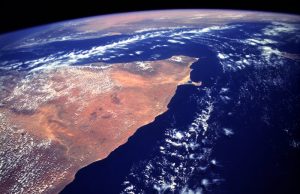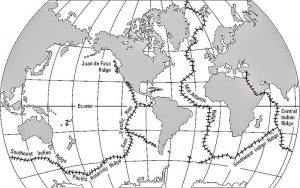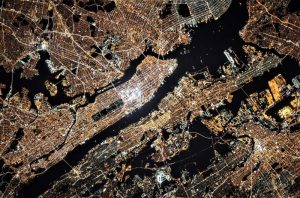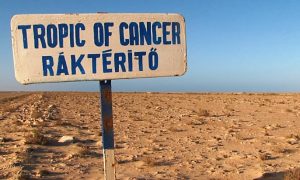Water resources
Water is a key factor in determining economic and social development, and at the same time, it is a basic element for ecosystem protection. For this reason, it is essential to deal with water in an integrated manner. It is a powerful resource that we need in order to survive, and it is for this reason that everything possible must be done to maintain its quantity and quality. Water is responsible for creating, sustaining and maintaining life. However, we, as humans, have lost respect and care for this basic element of our existence.
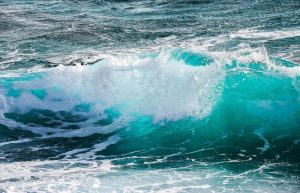
Related topics
Water pollution, hydrology, hydrological cycle, hydrosphere, potable water, fresh water
What are water resources?
Water resources are all the waters that exist on our planet and that are available for us as human beings and animals to use to carry out a certain action.
Characteristics
The most outstanding characteristics of water resources are the following:
- They are unevenly distributed throughout the planet.
- They are located in basins, rivers, lakes, seas and rain.
- The total volume of the planet’s water is 1,385,980 million kilometers, of which 97% is seawater.
- Runoff, which is the water that flows through rivers and is also found in reservoirs and lakes, is considered renewable.
- Renewable water arises as a result of precipitation, evaporation and infiltration.
- In Asia and South America is where we find the largest water resources, because they are the places where the world’s largest rivers are found.
- Europe and Oceania have the smallest amount of water in the world.
What are water resources for?
Water resources are used in two ways: for consumptive use and for non-consumptive use. Within consumptive use we can mention the following uses:
- Urban and domestic: approximately 5% of the world’s water is used for domestic use, for example, washing clothes, personal hygiene, showers, etc. This consumption will depend on the availability of water because in many places the liquid is scarce.
- Industrial uses: it is used in the production of chemical substances, cleaning agents for cleaning, in metallurgy.
- Agricultural uses: most of this type of use is in agriculture. Approximately 72% of the water is spent on crops. And this is one of the reasons why water is in danger of suffering dangerous environmental effects. Livestock is included here.
Non-consumptive water use includes the following:
- Transport: needed for boats to move from one place to another.
- Hydroelectric power: the use of water for the production of electricity is quite a lot, and for this reason it is endangered.
- Recreational uses: e.g. fishing, recreational boating.
- Habitats: is the livelihood for many aquatic animals.
Types
There are several types of water resources, for example: oceans, rivers, lakes, streams, groundwater, seas.
Importance
The importance lies in the fact that water is a fundamental requirement for life on our planet. All organisms on Earth are composed primarily of water. Without water, biological organisms would not be able to complete the basic physiological processes that sustain life. It is an integral part of the Earth’s biogeochemical process that creates and sustains our environment. Consequently, water is an essential resource for many human activities necessary to sustain our current society; agriculture, industry and transportation are just a few of the countless human activities that require water.
Availability
Knowing the availability of water resources helps us to consider and maximize water uses. It is important for aquatic species to survive and for human use. Some ways to improve water availability are: through rainwater harvesting, a technique used mainly in Asia; recharging overexploited aquifers to make better use of water by creating wells and pumping stations. Reservoirs are another method that has been built to achieve water storage and use for irrigation and drinking water supply.
Problems of water resources
Different human activities are primarily responsible for water resources problems. Pollution damages these resources and mismanagement of activities, mainly agriculture pollutes surface and groundwater. The construction of badly located buildings and roads damages the natural sources of water. Another major problem is the over-exploitation of resources as more water is extracted and wasted than can be recovered. Finally, climate change increases resource problems, mainly in areas where it is already depleted. Global warming and extreme climate changes also cause severe damage to aquifers.
How to care for water resources
Water resources can be cared for following basic prevention measures, not throwing garbage in rivers, seas and lakes, avoiding unnecessary expenditures of liquid for both industrial and household uses, decreasing the indiscriminate deforestation, helping to combat global warming. There are many resources available to start protecting this vital liquid for life.
Examples of water resources
- Chile: its natural resources are of good quality and its supply systems are quite good. However, they face the problem of mines and agricultural runoff. They protect water by reforming the Water Code.
- Colombia: is one of the countries that has the highest production of water that could be distributed to the population and industry. However, availability for people remains scarce because infrastructure does not allow for adequate distribution.
How to cite this article?
Briceño V., Gabriela. (2019). Water resources. Recovered on 3 January, 2025, de Euston96: https://www.euston96.com/en/water-resources/



